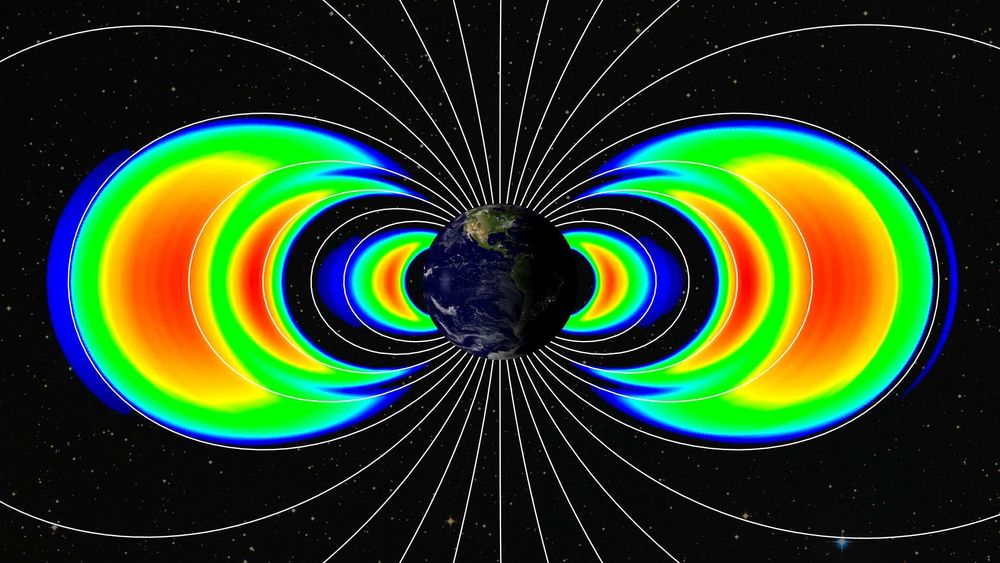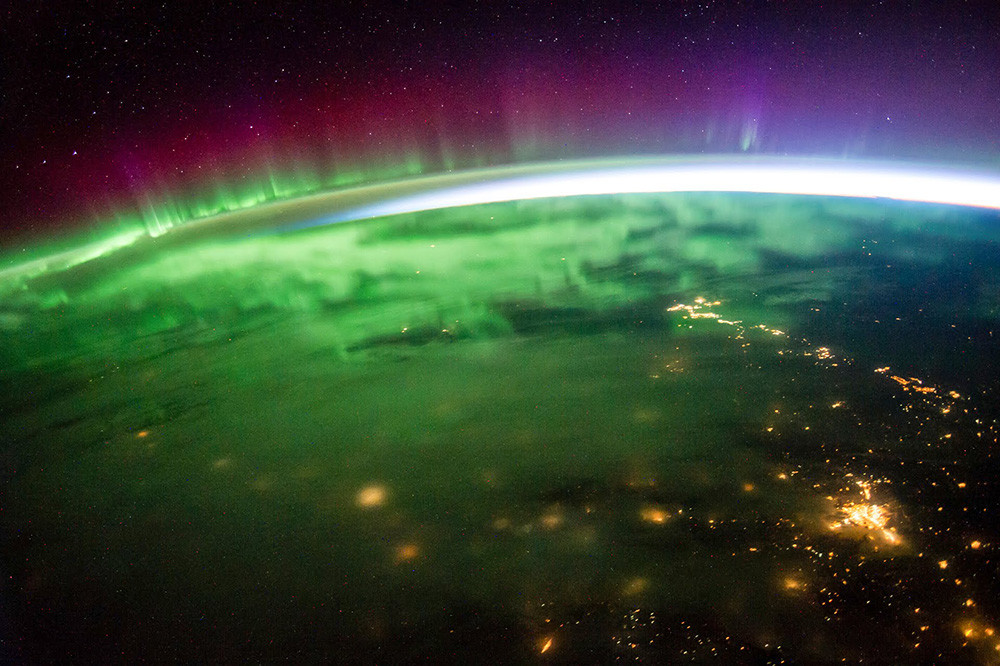More often than not when an accident occurs, it’s not normally a good thing. However, when we find ourselves forming a protective bubble around the Earth accidentally, how can that be bad? Radio waves may be the key to protecting ourselves from devastating space weather. If the Navy want to get a message out to an underwater submarine it will sometimes use VLF (very low frequency) radio waves. As well as travel through the water they often end up in space too, and it’s this process that is causing a protective bubble to form around the Earth’s atmosphere.

JHUAPL/LASP
The probes to make the astonishing discovery was the Van Allen Probes that were launched in 2012 to make observations in the radiation belts surrounding Earth. Phil Erickson, a space plasma physicist at MIT, said, “The conventional wisdom is that the inner edge of the outer belt kind of moves in an out as the atmosphere – especially ionosphere and plasmasphere – grows and shrinks.” But, the Van Allen Probes tell a different story.
In 2015, there was an intense geomantic storm during which time a large solar storm pushed back the plasmasphere. But luckily this had no impact on the outer Van Allen belt and it stayed the same distance from Earth. “The plasma retracted but the belt didn’t follow,” said Erickson. But Erickson and colleagues did note something else, “The edge of where these very powerful radio signals stop is the same place where the electrons stop coming in.”
“At least in the first hours to a couple of days in a solar storm, the waves seem to halt the electrons from coming in further,” explains Erickson. “If you wait longer, the story gets more complicated because they gradually diffuse in. But it suggests that if your satellite is closer than 2.8 Earth radii [about 15,000 miles], you may not need to worry about it as much as we thought.”
Later this year, the U.S. Air Force is intending to launch the DSX satellite. This will test the feasibility of using VLF waves to deflect space radiation and if successful, we may see these waves being harnessed in the future to help protect against any solar eruptions that may occur. As Erickson and colleagues are yet to research VLF waves in full they can only estimate as to how they would behave in more intense storms and says, “It’s possible VLF would still hold up, but that’s a total guess on my part. The jury is still out.” Moving forward the researchers hope to carry out further studies to find out more about how this phenomenon behaves in normal space weather and to see what might strengthen or weaken it.
More News to Read











